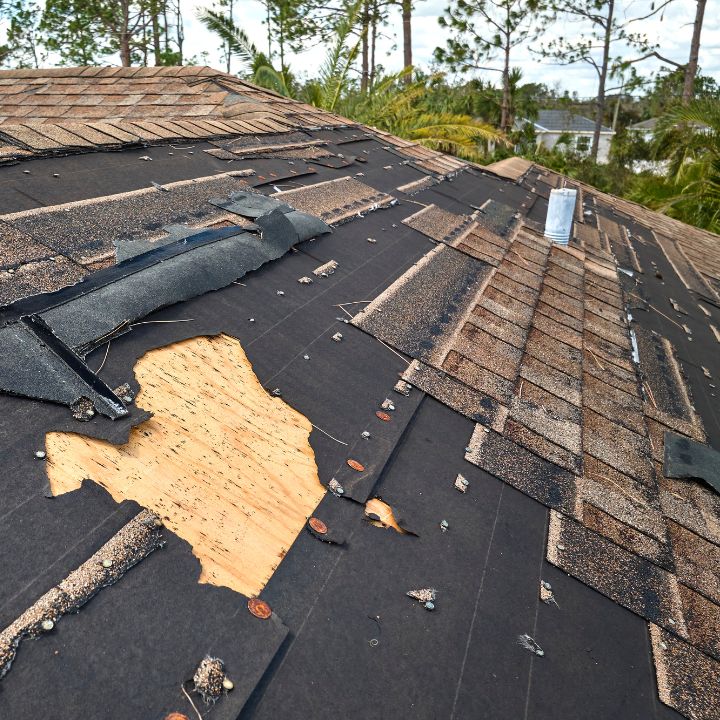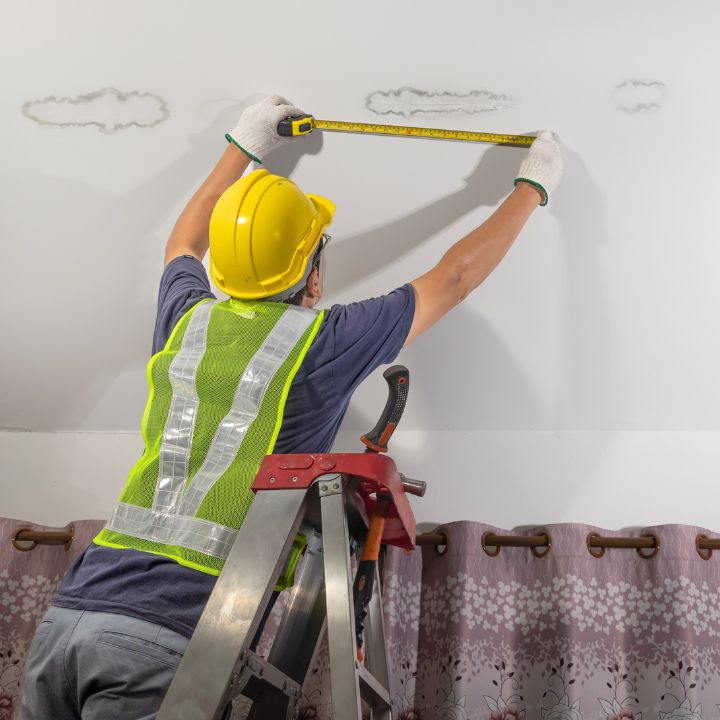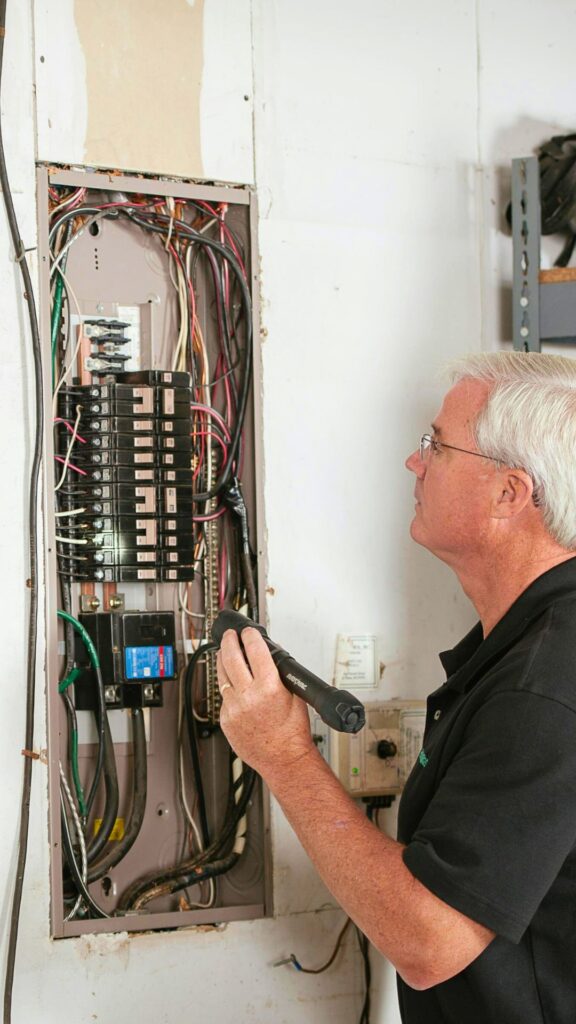When it comes to buying, selling, or insuring a property, few steps are as important as the home inspection. Professional home inspectors provide an unbiased evaluation of a home’s condition, giving buyers peace of mind and helping homeowners stay on top of maintenance.
In Florida, inspections take on even greater importance. The state’s unique climate, weather risks, and construction styles mean homes often face problems not as common elsewhere. Whether you’re scheduling a home inspection in Florida for insurance, a real estate transaction, or simply for your own peace of mind, knowing the most frequent issues can help you prepare.
In this guide, we’ll reveal what professional home inspectors most often find in Florida homes, and what homeowners can do about them.
Why Home Inspections Matter in Florida
Florida is a beautiful place to live, but it’s also one of the most challenging environments for residential properties. Factors such as:
- High humidity and heavy rainfall
- Hurricane and tropical storm risks
- Intense heat and sun exposure
- Older housing stock in many communities
These factors all contribute to wear and tear on homes.
That’s why scheduling a home inspection in Florida isn’t just a formality, it’s a critical step in protecting your investment.
1. Roof Damage and Wear
Without a doubt, one of the most common problems found during a roof certification inspection and four point inspection in Florida is roof damage.
What Inspectors Look For:
- Missing or broken shingles
- Water stains in the attic
- Improper flashing or sealant
- Signs of wind damage
- Excessive granule loss
Why It’s Common in Florida:
Florida’s combination of heat, humidity, and frequent storms accelerates roof deterioration. Hurricanes and tropical storms can cause major damage in just one season.

What Homeowners Can Do:
- Schedule regular roof inspections (especially after major storms).
- Keep gutters clear to prevent water pooling.
- Replace missing or damaged shingles promptly.
For insurance purposes, many carriers in Florida require a roof certification inspection to verify the roof’s age and condition.
2. Moisture Intrusion and Mold
Another frequent issue found by home inspectors is moisture, and the mold growth that often comes with it.
What Inspectors Look For:
- Water stains on ceilings or walls
- Soft or warped flooring
- Musty odors
- Visible mold growth in bathrooms, attics, or crawlspaces
Why It’s Common in Florida:
With year-round humidity, even small leaks can turn into big problems. Poor ventilation or outdated construction makes certain homes especially vulnerable.

What Homeowners Can Do:
- Run dehumidifiers or improve ventilation.
- Fix leaks quickly.
- Have suspected mold professionally tested and remediated.
3. Electrical System Issues
Florida homes (especially older ones) often show problems with electrical systems.
What Inspectors Look For:
- Outdated fuse boxes or panels
- Aluminum wiring (common in homes built in the 1960s–70s)
- Exposed wires or unsafe DIY electrical work
- Insufficient amperage for modern appliances
Why It’s Common in Florida:
Many Florida homes were built decades ago, and electrical standards have since changed. Additionally, homes with additions or renovations may have improper wiring if not done to code.
What Homeowners Can Do:
- Hire a licensed electrician for updates.
- Avoid DIY electrical fixes.
- Upgrade systems to meet insurance requirements.
Electrical issues are a major focus of 4 point inspections, which insurers often require.

4. Plumbing Problems
Leaky pipes, corroded materials, and outdated plumbing systems are high on the list of findings for Florida home inspectors.
What Inspectors Look For:
- Polybutylene pipes (used in the 1970s–1990s, now known to fail)
- Signs of water leaks under sinks or behind walls
- Low water pressure
- Water heater age and condition
Why It’s Common in Florida:
The humid climate accelerates pipe corrosion, and older homes often still contain outdated plumbing materials.
What Homeowners Can Do:
- Replace polybutylene or galvanized piping.
- Inspect water heaters regularly.
- Repair leaks immediately to prevent hidden damage.
5. HVAC System Deficiencies
Keeping cool in Florida is non-negotiable, but many inspections uncover HVAC issues.
What Inspectors Look For:
- Units older than 10–15 years
- Dirty coils or filters
- Leaks in ductwork
- Improper installation
Why It’s Common in Florida:
HVAC systems work harder here than in most other states, running nearly year-round. This leads to faster wear and higher maintenance needs.
What Homeowners Can Do:
- Change filters regularly.
- Schedule annual servicing.
- Replace outdated systems for better efficiency and insurance approval.
6. Structural Issues
From foundations to framing, home inspectors often find structural concerns in Florida properties.
What Inspectors Look For:
- Foundation cracks or settlement
- Sagging floors or rooflines
- Termite damage
- Poorly done additions
Why It’s Common in Florida:
Sandy soil and high water tables can lead to shifting foundations. Termites also thrive in warm, humid conditions, making them a common culprit.
What Homeowners Can Do:
- Schedule termite inspections regularly.
- Address foundation cracks early.
- Use professional contractors for additions and renovations.
7. Safety and Code Violations
Lastly, many home inspections in Florida reveal safety hazards or outdated code compliance, especially during a wind mitigation inspection.
What Inspectors Look For:
- Missing handrails on stairs
- Non-functioning smoke detectors
- Improperly installed water heaters
- Outdated hurricane protection (or none at all)
Why It’s Common in Florida:
Older homes may not have been updated to meet modern building codes, particularly with hurricane protection measures.
What Homeowners Can Do:
- Install smoke and carbon monoxide detectors.
- Add or update hurricane shutters or impact windows.
- Ensure safety features meet current standards.
How Florida Home Inspectors Help Homeowners
When scheduling a home inspection in Florida, you’re not just getting a checklist, you’re getting insight from licensed home inspectors who know the unique challenges and codes of homes in your area.
Certified home inspectors provide:
- A clear picture of your home’s condition with detailed notes and pictures
- The right documentation needed for insurance companies
- Insight into which issues to prioritize
FAQs About Florida Home Inspections
Do all Florida homeowners need a home inspection?
While not legally required for real estate transactions, most buyers and sellers consider it essential. Insurance companies often require inspections before issuing a policy, especially for older homes.
How long does a Florida home inspection take?
On average, a home inspection takes about 1 hour depending on the home’s size and condition. Full home inspections are much more robust and can take up to 4 hours.
How much does a home inspection in Florida cost?
Costs vary but typically range from $125-250, with specialty inspections (wind mitigation, 4 point, roof certification) priced separately. For more details about home inspection costs, check out our blog How Much Does a Home Inspection Cost? A Complete 2025 Guide
What should I do after the inspection?
Review the report, get estimates for needed repairs, and prioritize safety or insurance-related updates.
Final Thoughts
Florida is a wonderful place to call home, but its unique climate and aging housing stock create challenges that home inspectors know all too well. From roof wear to plumbing problems and everything in between, a home inspection in Florida provides the knowledge homeowners need to protect their investment.
Whether you’re buying, selling, or simply maintaining your property, scheduling a professional inspection is the smartest way to stay ahead of costly repairs and insurance headaches.
